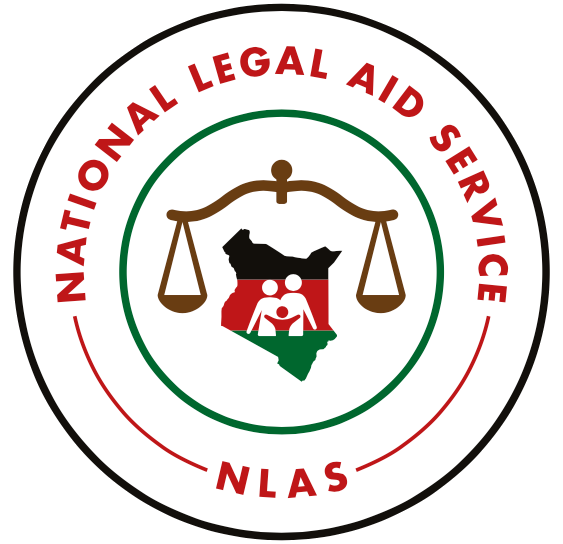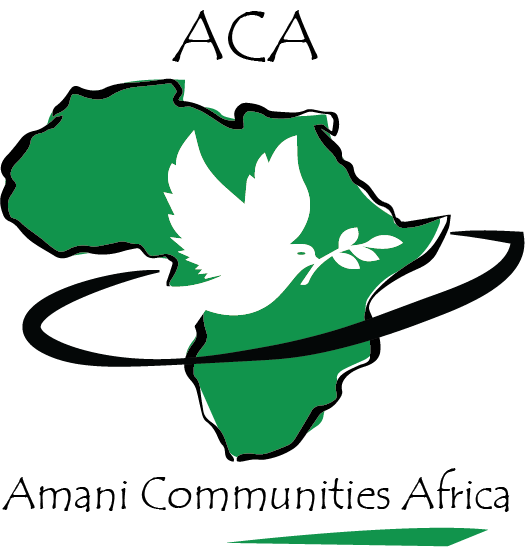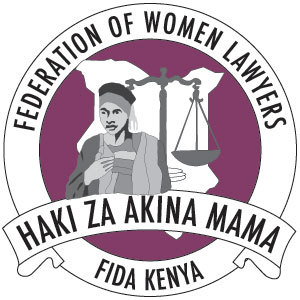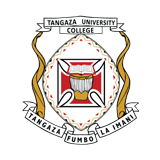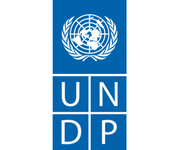Event Date


Event Details
2nd Annual AJS Conference


June 26, 2023


Event Location
Tangaza University College
Nairobi

Event Cost
About the Conference
THE 2nd NATIONAL CONFERENCE ON ALTERNATIVE JUSTICE SYSTEMS IN KENYA
THEME: AJS AS CULTURE AND INNOVATION IN ACCELERATING SOCIAL TRANSFORMATION THROUGH ACCESS TO JUSTICE
Date: 26th – 28th June 2023
Venue: Tangaza University College
Convener: NaSCI-AJS
Overview:
The National Steering Committee on the Implementation of the Alternative Justice Systems Policy (NaSCI-AJS) will convene the 2nd Annual National Conference on Alternative Justice Systems in Kenya. The conference will bring together justice actors, practitioners, judicial officers, academics, policy makers, civil society actors, development partners, and all stakeholders in the Access to Justice Ecosystem. The conference will be fulfilling one of the major objectives of the committee to rally all sectors of Kenyan social, religious, judiciary and cultural life to continuously and emphatically support the AJS mechanism and expand the pool of individuals and groups accessing justice in Kenya.
Background:
There is compelling evidence to prove that the promulgation of the Constitution of Kenya 2010 and related justice activism has significantly boosted access to justice in Kenya. The quest for justice has been characterized by increasing demand for local knowledge, de-emphasizing of legal technicalities, and the call for collaborative partnership between justice seekers and providers. The concept of justice in the Constitution of kenya 2010 has placed positive pressure on formal or state based judice institutions both in regard to the substantive nature of justice they provide, as well as in regard to the recognition of other sites of justice provision and their relation thereto.
It is against this background, framed by the constitutional imperative on justice, that the Judiciary, among other initiatives, established the National Steering Committee on Implementation of Alternative Justice Systems (NaSCI- AJS), a multi-stakeholders’ team, gazetted by the Honorable Chief Justice Martha Koome, with the mandate to ensure the mainstreaming and acceleration in the implementation of the Judiciary AJS Policy and providing support for AJS practitioners and mechanisms in Kenya.
A foundational principle in the AJS Policy is that the conversation on access to justice in postcolonial Kenya is broad and multifaceted. It is not merely to advance provision for the alternative models for dispute resolution and accessing justice listed under Article 159(2((c) of the Constitution 2010, rather, it is a re-engagement with the ruminants of colonial and Eurocentric legal reasoning that the Constitution of Kenya has now reversed. The AJS Conferences are a re-emphasis on the importance of the critical historical and contextual study of African legalities and neither about a re-statement nor some sort of re-assertion of the elements, perceived or actual of customary or African law(s).
The AJS Policy asserts that in its inclusive idea of access to justice, the Constitution of Kenya 2010 envisages a sociological, situated and contextual imagination of law, legality and justice. This is a diverse landscape of everyday realities that is situated in social justice with support from a range of discourses including political theory, anthropological theory and literary criticism amongst others. This novel constitutional idea of law and and justice set in a complex, plural society requires a new pedagogy of legal study and justice seeking/providing practices. Using findings from the AJS Baseline and Framework Polices as well as the justice practices of the range of actors, state and non-state, institutional and non-institutional, individual and communal, the AJS Conference is a both an expansion of these explorations as well as a consensus building conversation on what it means to realise the constitutional concept of justice and operationalise the multi-door methods of accessing Justice in Kenya.
The Conference has coined its theme “AJS as Culture and Innovation in Accelerating Social Transformation through Access to Justice”. The theme appreciates the embodiment of AJS in moral economy of justice. As culture is a center and signifier of the moral economy, it appreciates that culture is a multi-functional concept with the capacity to explain identity as well as practice. This meaning departs from those who see culture as small-scale, bounded entity, static and with self-produced meaning. Therefore, in expounding the theme, the conference is a contribution to the debate, practice and discourse of politicization of culture in the quest for justice. In so doing, this 2nd AJS National Conference seeks to highlight initiatives aimed at building localised justice mechanisms in across all of Kenya’s counties. Key questions that the 2nd AJS Conference seeks to address include:
- To what extent is the nexus between justice and cultural practices impacting access to justice for the majority of the justice seekers in Kenya?
- Which sustainable Alternative Justice Mechanism’s initiatives/ indigenous knowledge/strategies exist in building justice communities?
- What lessons could be learned from these strategies/initiatives accelerate and expand access to justice in Kenya?
The conference covers issues around (a) Existing Alternative Justice Systems models and the implications for Social Transformation; (b) Culture and Justice nexus’ impact on access to justice for vulnerable populations in Kenya – rural/urban; Men/Women; Adult/Children; Elderly/Youth; and (c) Building Plural Justice Society in Kenya – method and strategies.
Axis and Sub-themes:
- Culture as Revelation
– Exploring culture in the Context of Article 1 of Constitution of Kenya
– Culture and being and becoming Kenya
– Positionality perspectives on gender, youth and class
- Culture as Innovation
– Exploring culture as cumulative civilization towards justice
– Indigenous/local knowledge in building a just society
– Multicultural and Plural conversations for Justice
- Justice and Innovation
– Genealogies and Multiple Meanings of Justice
– Indigenous Knowledge perspectives on Justice
– Emerging Justice Activism in the efforts for culture, Justice and Law nexus
Format and potential speakers
The conference format will be an in-person panel discussion. The moderator(s) will introduce speakers and pose key framing questions intended to draw out the main messages expected from each contributor. There will be opportunities for facilitated exchange between the moderator(s) and speakers, and between the speakers and audience.
A planning committee will reach out to potential speakers based on the key profiles. The speakers will be selected based on the quality of their paper and how the same aligns to the conference theme. The committee will rely on the conference planning committee members, to connect with, confirm, and pre-brief speakers. Speakers will be briefed in advance on key insights and recommendations in the difference sub themes and asked to transmit specific key messages aligned with them. Every effort will be made to ensure that speakers constitute a high-level ensemble reflecting gender balance.
Speakers

Hon. Justice Martha Koome, EGH
Chief Justice and President of the Supreme Court of Kenya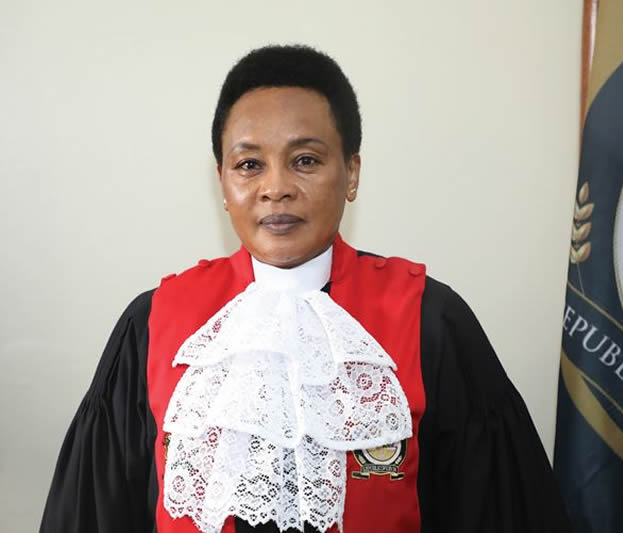
Hon. Justice Philomena Mbete Mwilu, MGH
Deputy Chief Justice and Vice-President of the Supreme Court of Kenya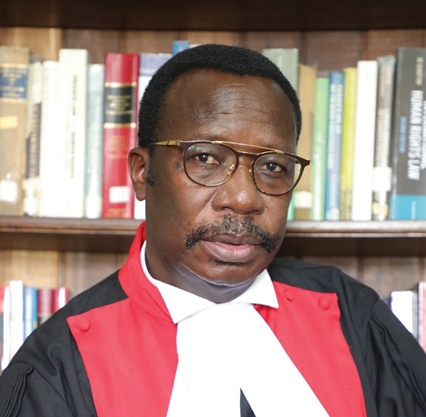
Justice (Dr.) Smokin Wanjala
Judge of the Supreme Court of Kenya
Ho. Justice (Prof) Joel Ngugi
Court of Appeal Judge
Dr. Steve Ouma Akoth
Vice Chair NaSCI-AJS
Dr. Steve Ouma
Director Kenya Judiciary Academy
Hon. Joseph Ole Lenku
Governor County Government of KajiadoConference Downloads
|
Partners
The National Steering Committee on Implementation of the Alternative Justice Policy (NaSCI-AJS) was gazzetted by the Hon. Chief Justice David Maraga as a multi- stakeholder Committee to spearhead the implementation of the AJS Policy.
Detail Info
Papers and Reports
Subscribe
Be the first one to receive latest updates.



